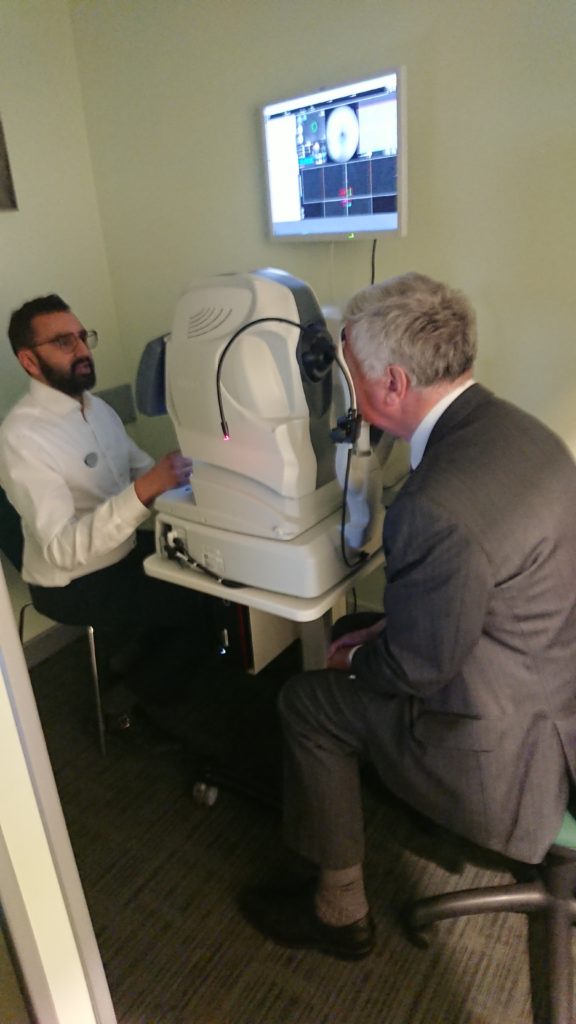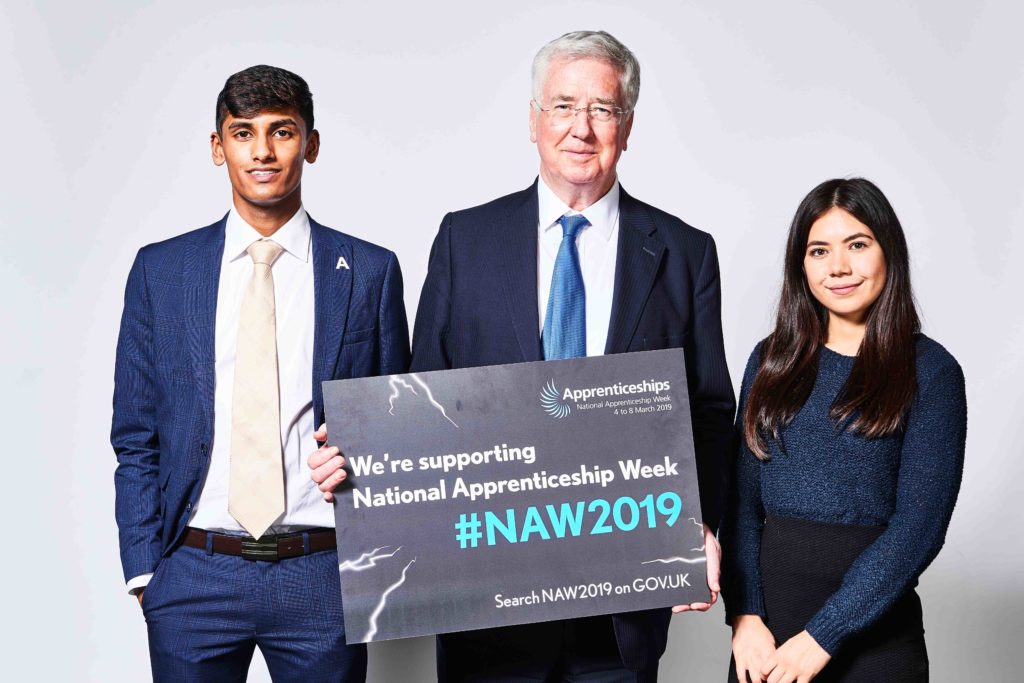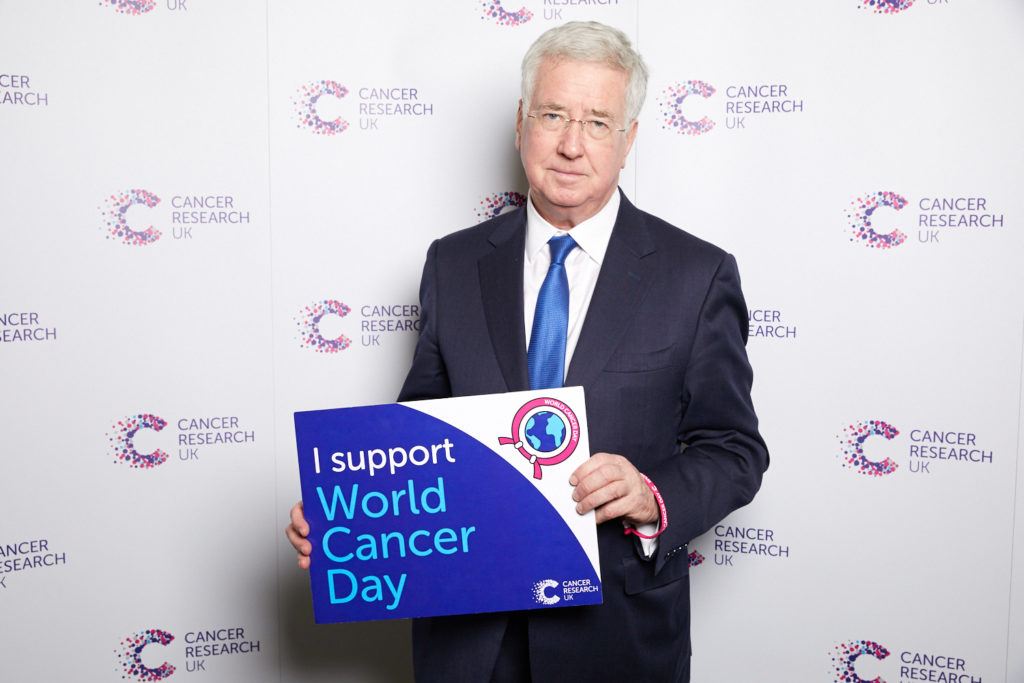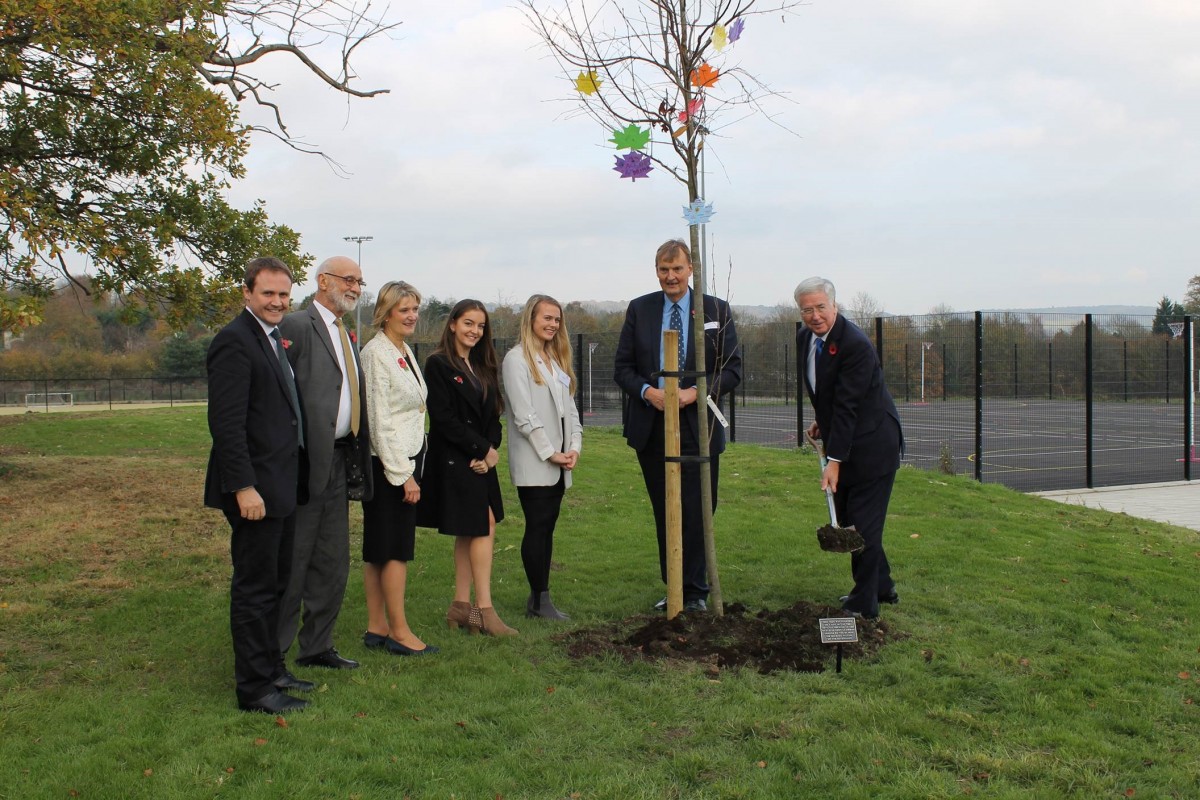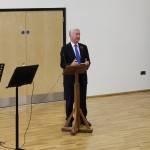Last
week I attended the regular meeting of our Association Executive Council and I
updated members on progress of the Brexit negotiations. This is a summary of what I told them.
Since
the previous meeting I have received well over 1,000 emails and letters, from
both Leavers and Remainers, urging me to vote for various outcomes. The constituency, like the rest of the
country, is divided about the way forward.
I
have also been lobbied by local businesses who are increasingly concerned about
the continuing uncertainty, two and half years after the referendum. They want to know what new tariffs may apply
in the event of “no deal”, and what certification is likely to be required at
ports of entry.
Preparations
to cope with disruption in the event of “no deal” are now intensifying. I attend regular meetings on “Operation
Brock” with the Police, the Roads Minister and officials from the Highways
Agency, KCC and the ports. Work is
nearly complete on the M20 contraflow, and the M26 will be closed and used as a
lorry park as the third option once the M20 contraflow and Manston Airport
parking are full. I have asked for
further work to be done to minimise the effect on the A25 through the
constituency. There are also plans in
place to prioritise imports of food, medicines and other essential goods.
I
have been fully involved in the ongoing debate.
I spoke in the debate on the Withdrawal Agreement and I’ve written two
articles in the Daily Telegraph setting out my concerns with the original text
of the Agreement. I continue to discuss
my concerns in meetings with those involved, including Ministers, officials and
last week the Irish Ambassador.
Everybody
is finding these negotiations frustratingly slow (and they are not helped by EU
intransigence). They were, however,
always going to be difficult: no country
has ever left the EU before and no two bordering countries anywhere in the
world operate different customs and tax regimes without some border checks.
In
Parliament and in both the main parties there are hard-line views on both
sides. Some Remainers want a second
referendum but this would be equally divisive and I do not support a
“re-run”. Others want the UK to leave
without a deal: that is not our policy, and indeed is not what the Leave
campaign itself favoured: they wanted “a careful change, not a sudden
stop”. My own view lies in the middle:
we must absolutely respect the referendum result but agree an orderly exit that
minimises the cost to business and any disruption here in Kent.
In
my view the original Withdrawal Agreement was not compatible with our
obligations to the Union and did not give us sufficient clarity about the terms
of our future trading arrangements with the EU: I therefore voted against
it. The Prime Minister is now committed
to achieving a better deal: if she can achieve that, even if it involves a
short delay, I will support it.
